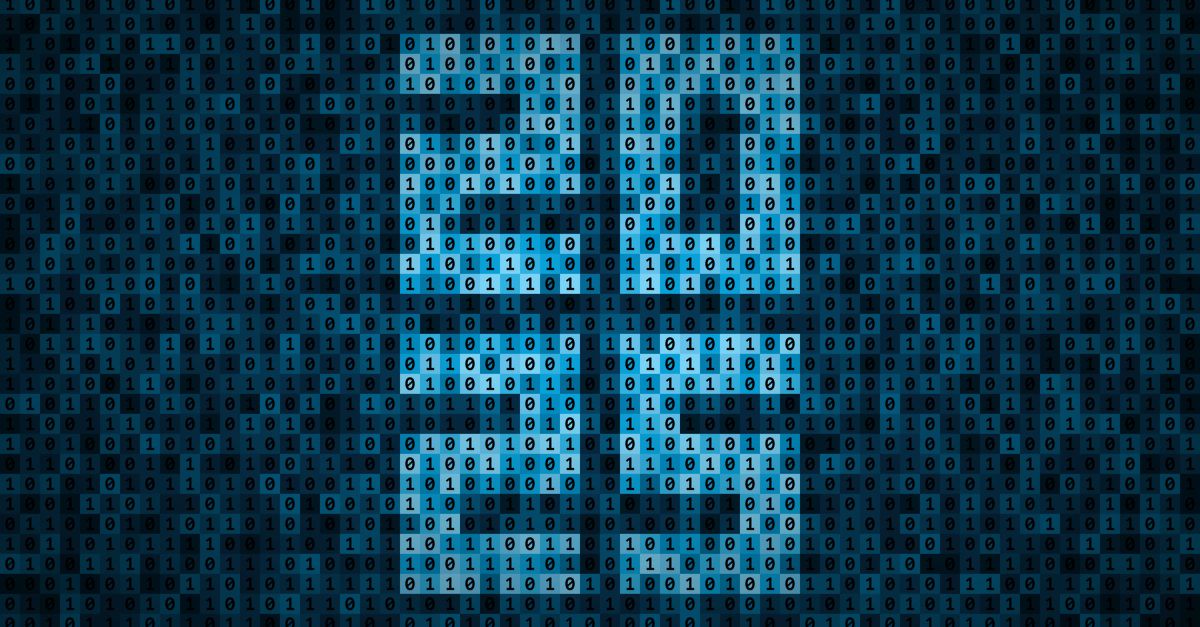Cyber security is used for the protection of electronic systems such as computers from malicious attacks. Cyber security uses technologies and other practices that are designed for the protection of devices. It also protects the networks from attacks. These attempts can damage any system with its unauthorized access. The main reason for having cyber security in digital banking is the protection of customer assets. With more people going cashless these days, there are more transactions and activities done online. People are using digital money such as debit cards, credit cards, mobile phones and cryptocurrencies for their transactions. This has to be protected using tight cyber security measures.
Need for cyber security in the digitization of banking
The cybercrimes taking place these days not only affect bank customers but also impact the banks themselves. This is especially true when the banks try to recover their data. Banks will have to spend a lot of money in recovering the information or data. Taking strong cyber security measures is necessary for the banks because data breaches effect customers’ privacy and make it difficult to trust the institution in the future, damaging its brand reputation. When you have implemented strong cyber security in digital banking, it will ensure that the sensitive data is secure. If it is revealed, there are several issues likely to occur such as fraud. It may cause financial losses and mental stress to the customers.
Solutions for cyber security threats in digital banking
Here are some approaches to be followed for curbing the threat of cybercriminals in digital banking.
- Integrated security: Banks are highly regulated, so they invest a lot of money, time and effort in using the best available technology. And many times, it may be difficult to manage all that new cybersecurity technology. Therefore, it is a great idea to move to integrated and sometimes automated security where all the components communicate and work together.
- Using data analytics and machine learning: Data analytics is one of the necessary elements for leveraging cyber resilience. A newer generation of security analytics has arrived that can assess and store all that security data in real-time.
- Understand the significance of cyber security: There is a common mistake made to treat cyber security as an additional cost. It should rather be considered an asset. The risk involved in the security of a bank and the effect it can have on the overall working of the institution needs to be analysed. It is only after this the true significance of security may be understood.
- Use the latest endpoint protection: All financial institutions and banks need to invest in technologies that recognize the actions and practices used in these exploits. They have to eliminate the risks by using the latest technology for better protection.
- Protect all the info: In the modern world, data is stored on several devices or, in the cloud. So, all systems that hold this sensitive data need to be protected by using cyber security.
- Improve customer awareness: It is one of the key aspects of dealing with cyber security. The customer must be made aware of the fact that they must not disclose their credentials to anybody. In case of any breach, customers must report to the cyber security team. In case there are any suspicious developments while performing the usual transactions or in the bank account, they must act fast.
- Using anti-malware and anti-virus applications: Having a firewall will improve the protection however, it will not restrict the attacks entirely. You need to use updated anti-malware and anti-virus applications for better protection. Updating your systems to the latest version can deter attackers.
Conclusion
When you are working in the field of digital banking, cyber security cannot be compromised. We can see massive growth in the field of digitalization and AI, especially in the banking sector. This has made the banks prone to these cyber-attacks from fraudulent operators. So, you will need a fool-proof cyber security plan for your bank that does not compromise any part of customer security, the bank data, or the money. There is a lack of awareness among people about cyber security and many institutions are investing in providing training to improve it. You should too!







